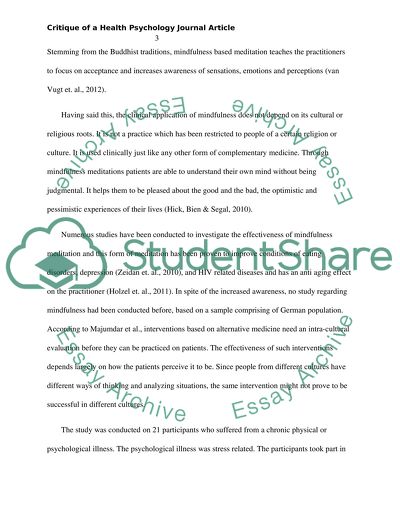Cite this document
(“Critique of a Health Psychology Journal Article Essay”, n.d.)
Retrieved from https://studentshare.org/psychology/1469382-critique-of-a-health-psychology-journal-article
Retrieved from https://studentshare.org/psychology/1469382-critique-of-a-health-psychology-journal-article
(Critique of a Health Psychology Journal Article Essay)
https://studentshare.org/psychology/1469382-critique-of-a-health-psychology-journal-article.
https://studentshare.org/psychology/1469382-critique-of-a-health-psychology-journal-article.
“Critique of a Health Psychology Journal Article Essay”, n.d. https://studentshare.org/psychology/1469382-critique-of-a-health-psychology-journal-article.


